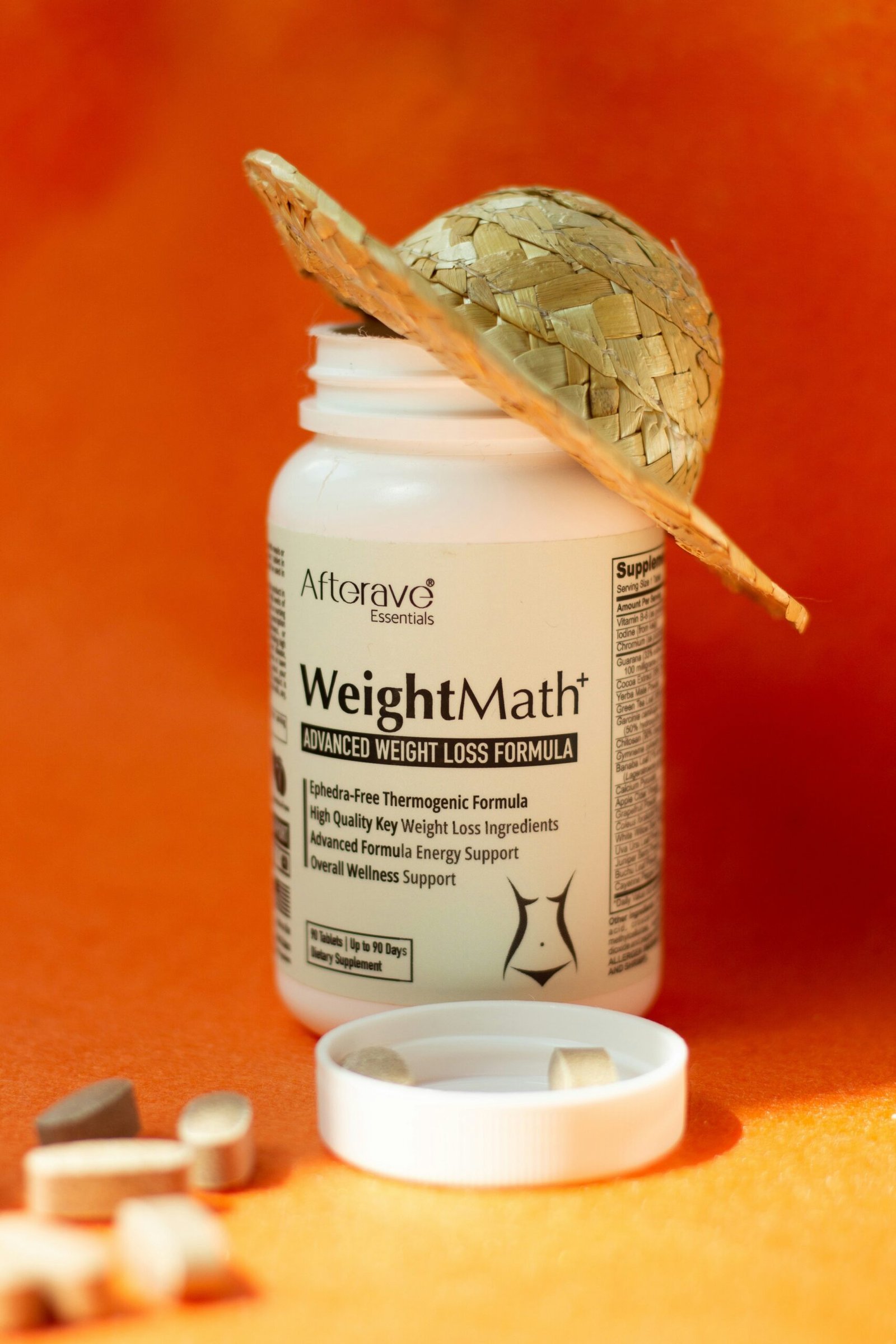Understanding Gut Health
Gut health refers to the state and functionality of the gastrointestinal tract, a crucial component of the human body that plays an essential role in digestion, nutrient absorption, and overall well-being. Central to gut health is the gut microbiome, a complex community of trillions of microorganisms, including bacteria, fungi, and viruses, residing predominantly in the intestines. This diverse microbial ecosystem is instrumental in maintaining not only digestive health but also numerous other physiological processes.
The balance between beneficial and harmful bacteria is vital for a healthy gut. Beneficial bacteria contribute to various functions such as breaking down complex carbohydrates, synthesizing vitamins, and fortifying the immune system. In contrast, an overgrowth of harmful bacteria can lead to symptoms like bloating, diarrhea, and even chronic conditions such as inflammatory bowel disease (IBD) or irritable bowel syndrome (IBS). It is essential, therefore, to foster an environment in the gut that promotes the thriving of beneficial microbes while suppressing the harmful ones.
Moreover, gut health extends beyond physical digestion; it significantly influences mental well-being through the gut-brain axis. This communication pathway suggests that a well-balanced gut microbiome can positively affect mood and cognitive function, attenuating the risks of anxiety and depression. Recent studies have unveiled that gut health is linked to immune response, indicating that a healthy gut flora can bolster the body’s defenses against infections and diseases.
Maintaining gut health involves a holistic approach that includes a nutrient-rich diet, regular physical activity, and minimizing stress. Consuming prebiotics and probiotics is an effective strategy to enhance gut microbiome diversity. Prioritizing gut health is not merely beneficial for digestion—it is foundational for overall physical and mental health.
The Role of Probiotics in Digestive Health
Probiotics are live microorganisms, often referred to as “good” or “friendly” bacteria, that confer health benefits when consumed in adequate amounts. They primarily aid in maintaining a balanced gut microbiota, which is essential for optimal digestive health. The human digestive tract hosts a complex community of bacteria, and imbalances can lead to issues such as digestive disorders, inflammatory bowel diseases, and diminished immune response. Probiotics help restore this balance by inhibiting the growth of harmful bacteria, thereby promoting a healthy digestive environment.
There are numerous types of probiotics, categorized mainly into two groups: Lactobacillus and Bifidobacterium. Lactobacillus species are commonly found in fermented foods and are known for their ability to ferment lactose, converting it into lactic acid. This process not only aids in digestion but also helps maintain an acidic environment that discourages the growth of pathogenic organisms. Bifidobacterium, another prevalent group, plays a vital role in breaking down complex carbohydrates and enhancing nutrient absorption.
Dietary sources of probiotics include a variety of fermented foods such as yogurt, kefir, sauerkraut, kimchi, and miso. These foods are not only rich in probiotics but also provide additional nutrients beneficial for gut health. Alternatively, probiotic supplements are available, offering specific strains tailored to target various digestive health concerns. Regular intake of probiotics can lead to a myriad of benefits, including improved digestion, reduced symptoms of irritable bowel syndrome (IBS), and enhanced nutrient absorption.
Moreover, probiotics support immune function by stimulating the production of antibodies and promoting the activity of immune cells. This dual role of probiotics in managing gut flora balance and supporting immune health underscores their significance in a balanced diet, particularly for individuals prone to digestive issues or those seeking to optimize their overall wellness.
Dietary Choices for a Healthy Gut
Maintaining gut health is significantly influenced by dietary choices, making it essential to integrate specific foods into one’s daily meals. A balanced diet rich in prebiotics and probiotics can promote a flourishing gut microbiome, which in turn contributes to overall health. Prebiotics are non-digestible fibers that serve as food for beneficial bacteria, while probiotics are live microorganisms that provide various health benefits when consumed in adequate amounts.
Incorporating foods abundant in prebiotics and probiotics is a foundational step towards enhancing gut health. Examples of prebiotic-rich foods include garlic, onions, leeks, asparagus, and bananas. These foods facilitate the growth of positive gut bacteria, thereby allowing the microbiome to thrive. On the other hand, probiotic sources encompass fermented foods like yogurt, kefir, sauerkraut, kimchi, and miso. These food items can directly boost the beneficial bacterial population in the digestive system.
Additionally, fiber plays a critical role in promoting gut health. Foods high in fiber, such as whole grains, legumes, fruits, and vegetables, can help ensure regular bowel movements, preventing constipation and supporting healthy digestion. Moreover, staying well-hydrated by drinking sufficient water throughout the day aids in the proper functioning of the digestive system.
While focusing on gut-friendly foods, it is equally important to limit the intake of processed foods and sugars, as these can negatively impact gut flora. Processed items often contain artificial ingredients and unhealthy fats that may disrupt the balance of gut bacteria, leading to digestive issues. Adopting a wholesome approach to diet will not only assist in nurturing good gut health but also contribute to enhanced overall wellbeing.
Linking Gut Health to Overall Wellness
Understanding the relationship between gut health and overall wellness is crucial for individuals seeking to optimize their well-being. Research indicates that a healthy gut microbiome plays a fundamental role in various aspects of health, influencing not only physical but also mental wellness. The gut is often referred to as the “second brain,” as it operates in conjunction with the central nervous system and is responsible for producing neurotransmitters that regulate mood, energy levels, and cognitive function. An imbalance in gut bacteria may lead to conditions such as anxiety and depression, making it essential to prioritize the health of the gut.
Moreover, gut health is a significant factor in immune response. A balanced gut microbiome contributes to a robust immune system, effectively managing inflammation and fighting off infections. Probiotics and prebiotics from dietary sources have been shown to enhance the diversity of gut flora, thereby fortifying the body’s defenses. By fostering good gut health through nutrition, individuals can experience a more resilient immune response, which directly correlates with improved overall health outcomes.
Several lifestyle factors also play an essential role in maintaining gut health. Effective stress management techniques, such as mindfulness and meditation, can reduce gut inflammation and promote a healthier microbiome. Additionally, regular physical activity has been associated with increased gut microbiota diversity, which is vital for a well-functioning digestive system. Getting adequate sleep is another crucial factor, as restorative sleep allows the body to repair and maintain a healthy gut lining. These holistic approaches, which encompass diet, exercise, and mental wellness, form a comprehensive strategy for enhancing gut health and overall well-being.
Fostering a culture of awareness around the interconnectedness of gut health and overall wellness ultimately empowers individuals to make informed lifestyle choices that support their health holistically. By adopting a proactive approach, one can unlock the full potential of their well-being, manifesting tangible improvements in both mental and physical health.


